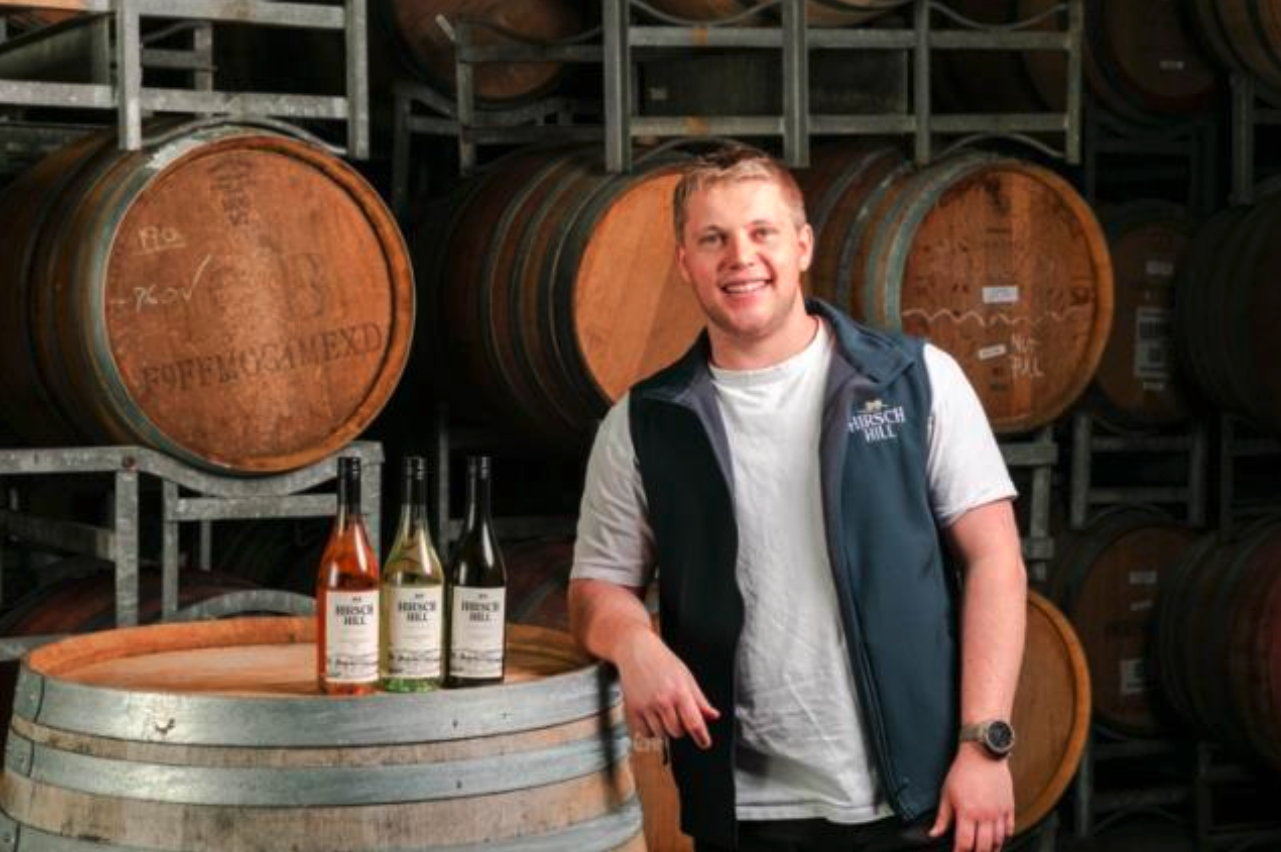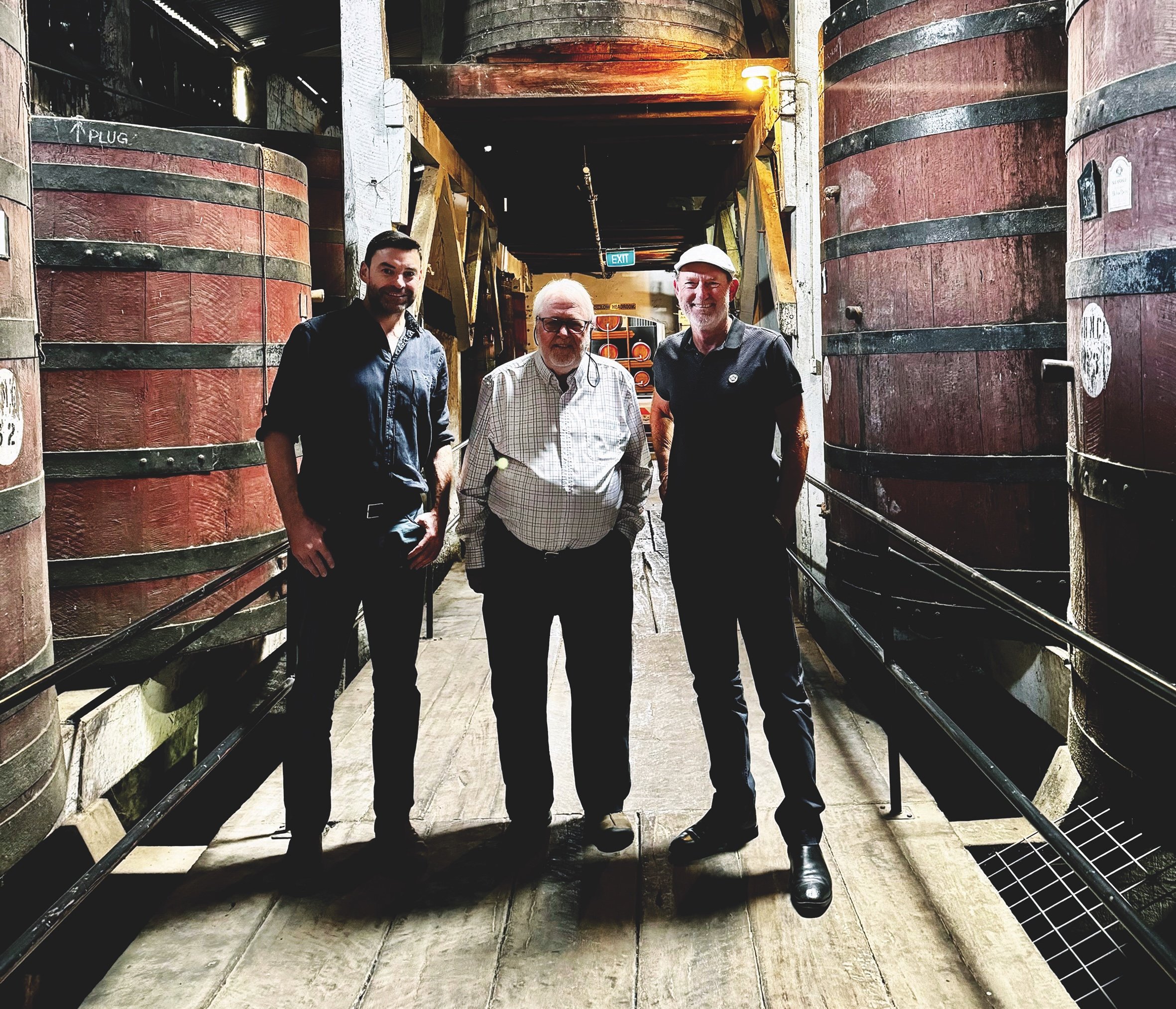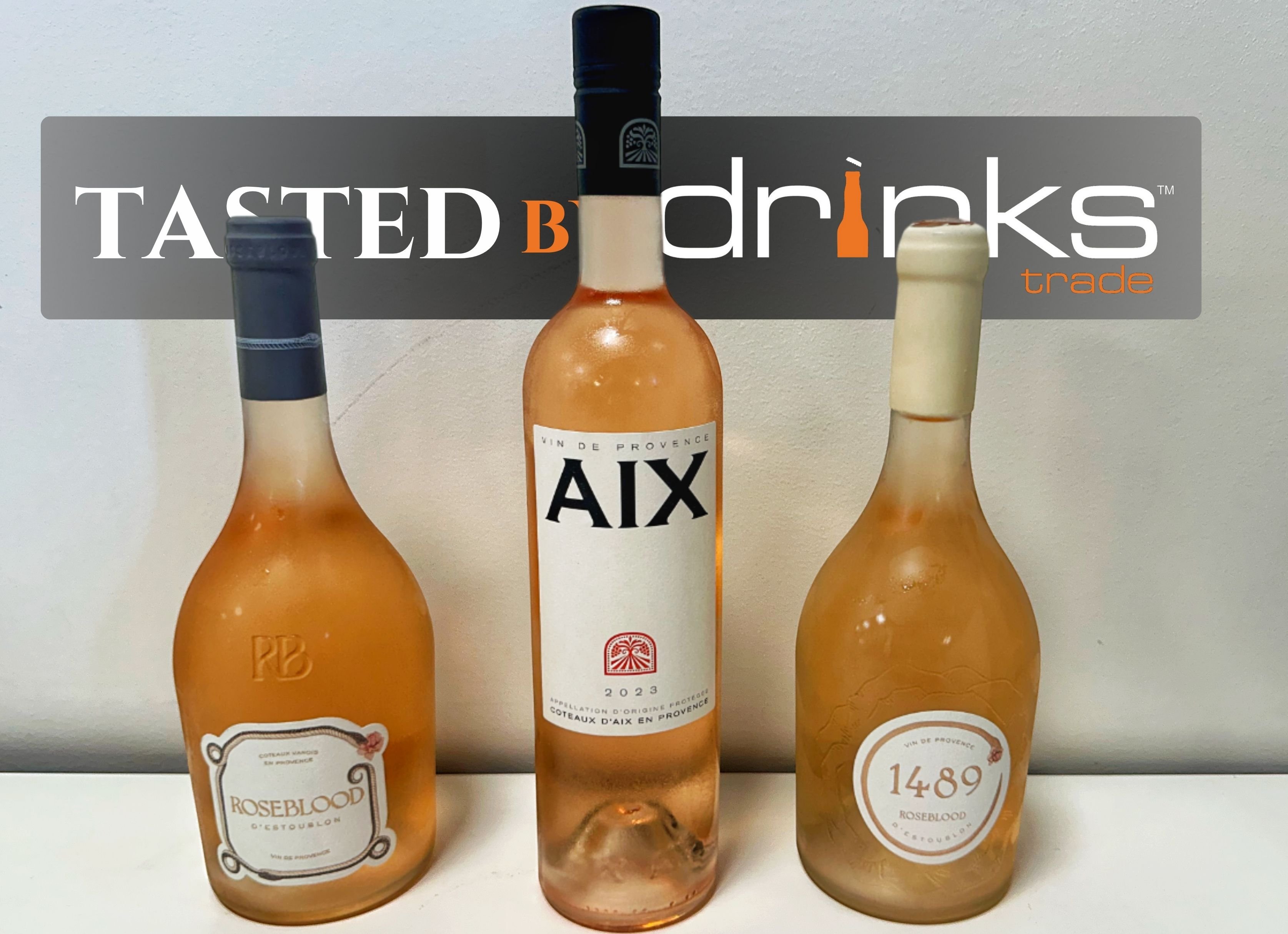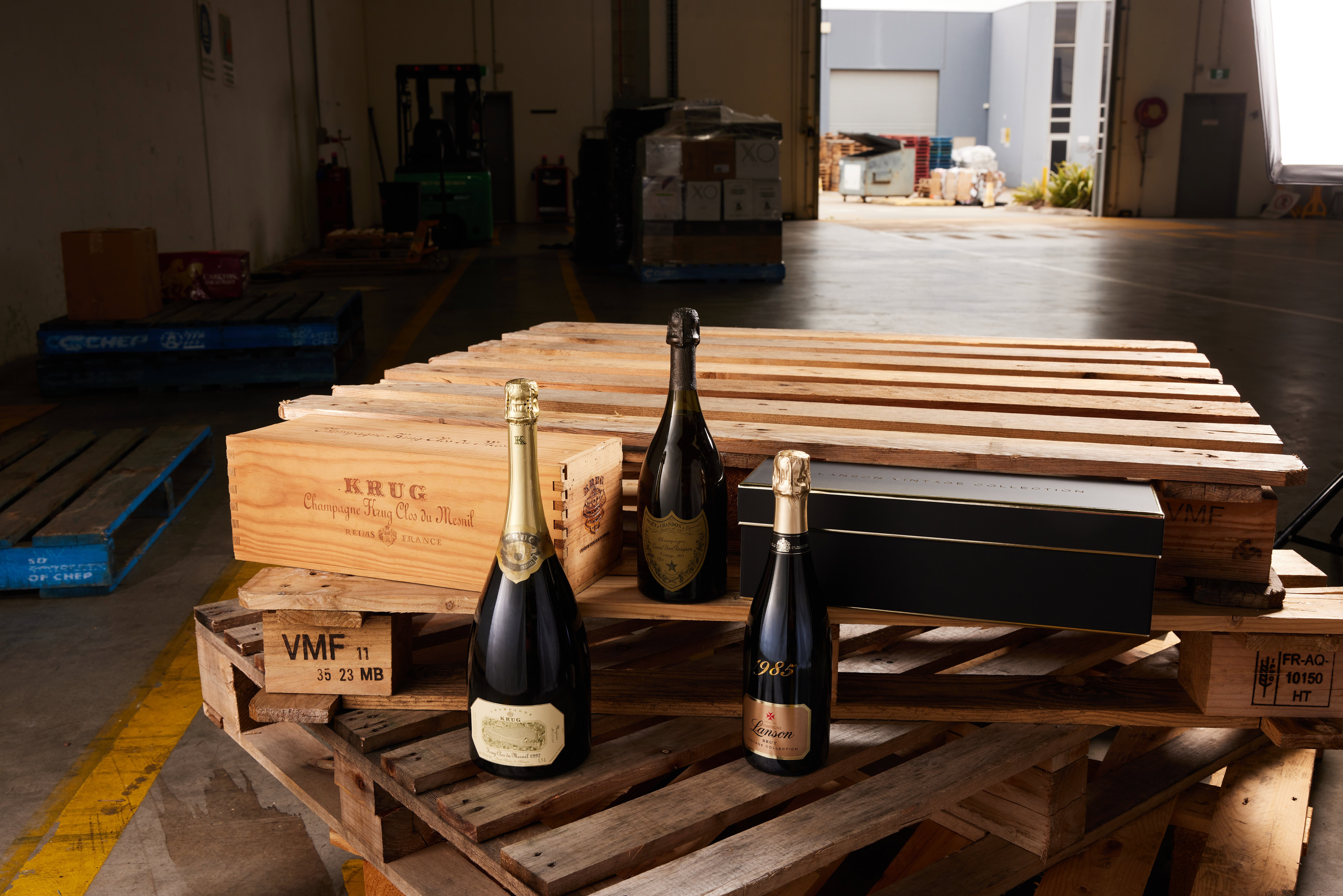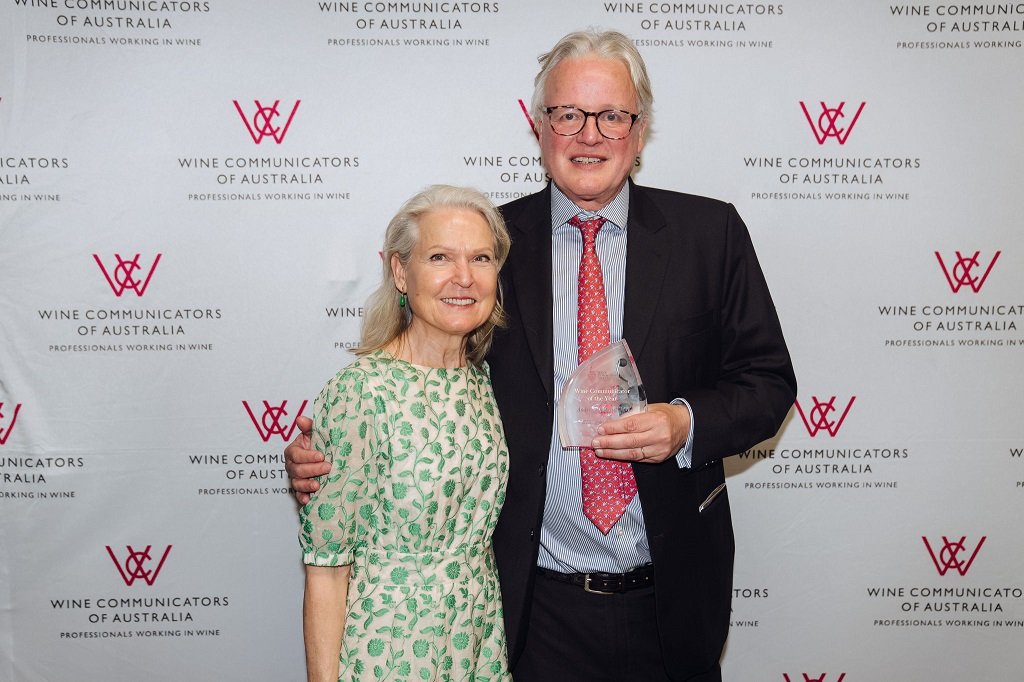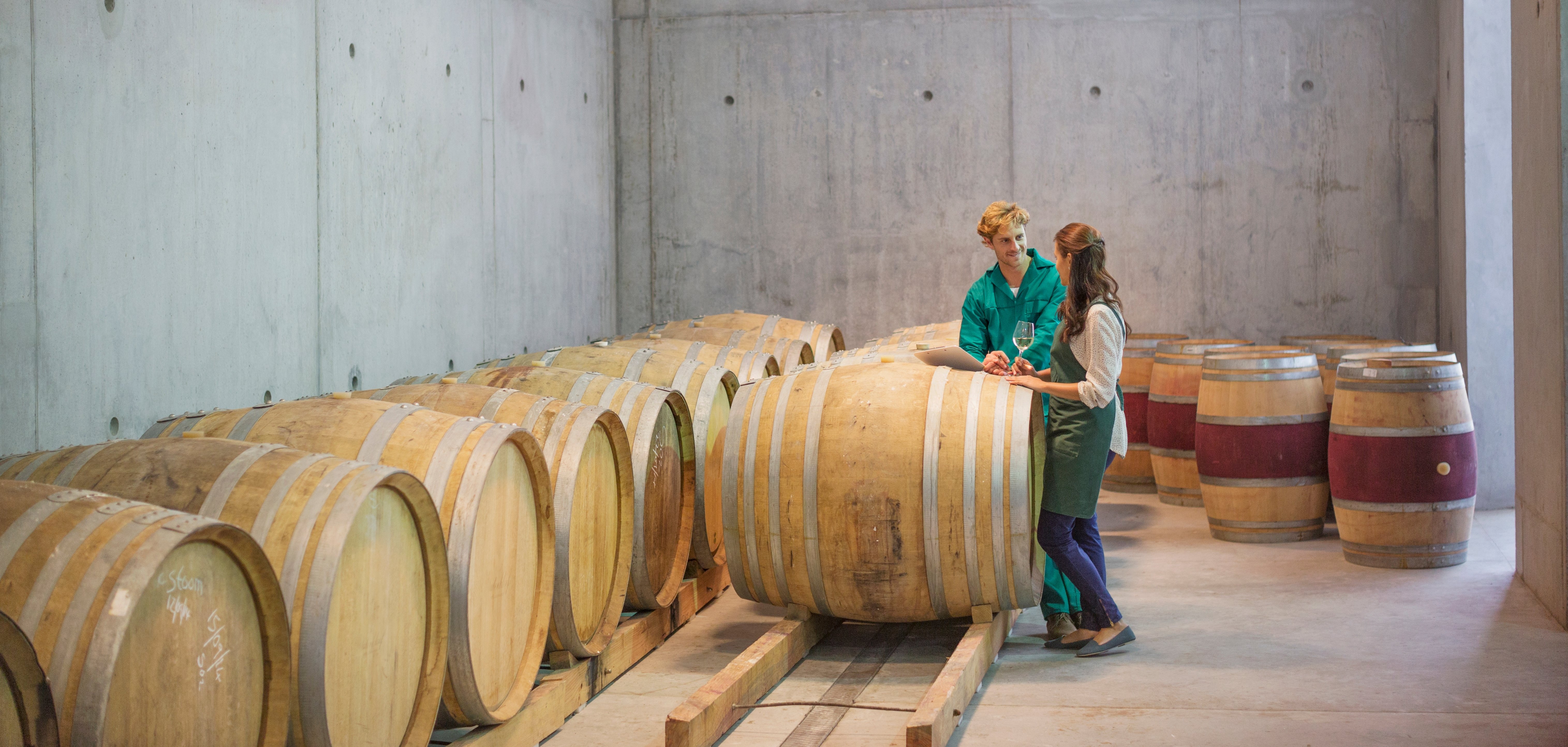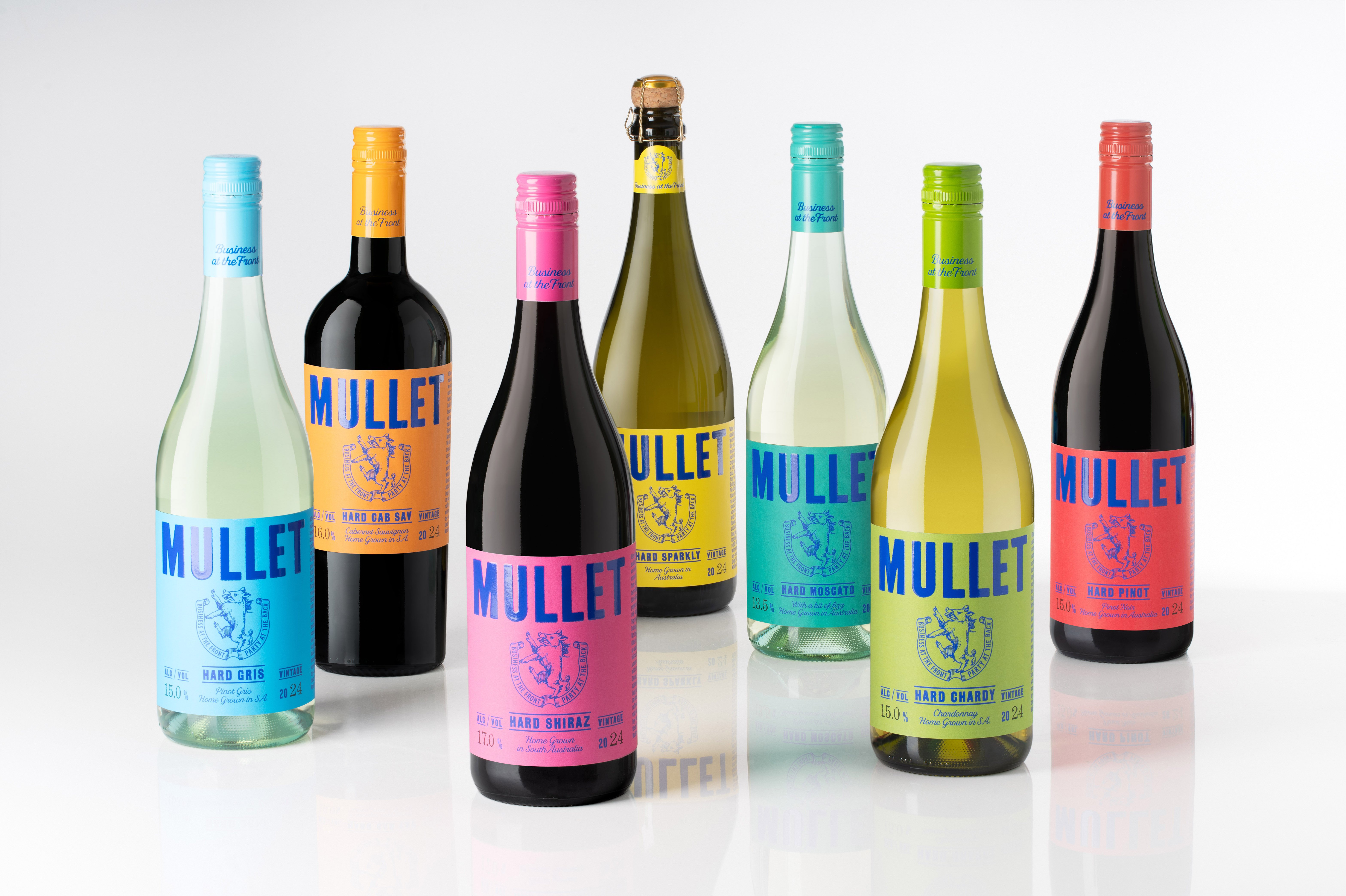The pandemic has turned grape-based wine into a boom drinks category in South Korea.
Despite still being a niche product compared to other alcohol categories, changes in habits and societal trends are seeing more health-driven millennial South Koreans moving towards consuming more wine as an alternative to the traditional soju and beer.
South Korea rated second globally for two years running from 2020 – 2021 as the most attractive wine market in the Wine Intelligence Market Attractiveness Model and is continuing this trajectory in 2022.
Primarily a beer and spirits market – only 13% of all alcohol sales in South Korea are currently wine. And within the wine category, rice wine dominates – some 85% of the volume.
But while beer consumption is flat and spirits in slight decline, wine sales are growing. That growth is being driven not by rice-based wines (which are in decline) but by still and sparkling grape-based wines, which have shown compound annual growth of 16% and 15%, respectively, over the past five years, according to IWSR data.
Grape-based wine sales in South Korea are niche, but when wine growth is harder to come by, double-digit returns are of great interest to wine producers. The country has more wine drinkers than ever, growing from 10.2 million in 2017 to 12.6m in 2022. The number of people drinking wine once a week or more has increased by over 2m over the same period.
Wine Intelligence suggests that possibly converting even a small percentage of the country's non-wine drinkers or slightly upselling the existing wine-drinking population could guarantee the wine trade many more years of solid figures.
Three inter-related issues are driving the growth in this market: dining, online and health.
Wine is seen as a sipping and savouring drink in South Korea, predominantly drunk at home (around 80%) either with a meal or as an end-of-day treat. Food compatibility is, by some distance, the number one driver to purchase.
Measured consumption occasions are a big attraction to health-conscious younger South Koreans, who tend to see wine as more sophisticated. Almost half of grape-based wine drinkers think it is 'fashionable' and 'important to their lifestyle.’ South Korea is also very receptive to organic wines, just behind China, Sweden and Germany.
Online alcohol sales are relatively recent in South Korea as the government just relaxed the rules to permit it in 2020. Purchases still need to be collected from a shop or restaurant but within a year, one in five Korean wine drinkers had bought bottles online. Online sales continue to remain steady despite Covid restrictions easing.
The shift online has been good for wine since it allows new consumers to research and choose in a non-threatening environment – a significant factor when a large number of those trying wine for the first time are aged 19-24. Even with increased awareness, only 30% of wine drinkers feel ‘competent’ in their knowledge of grape-based wine.
There are millions of untapped wine drinkers in South Korea, with younger legal drinking age consumers joining the category daily. While value is important, spending on wine on special occasions – both at home and in hospitality – is also growing, suggesting the market is not price sensitive.
However, Wine Intelligence research suggests that wine’s growth will slow over the next five years, which might make the category vulnerable to economic shocks.
“If the economic assessment of the country’s wine drinkers is right, we can expect more new wine drinkers, continued engagement and strong growth. If not, there could be a short period of slowdown even in this most buoyant of markets,” says a spokesperson for Wine Intelligence.
Share the content

